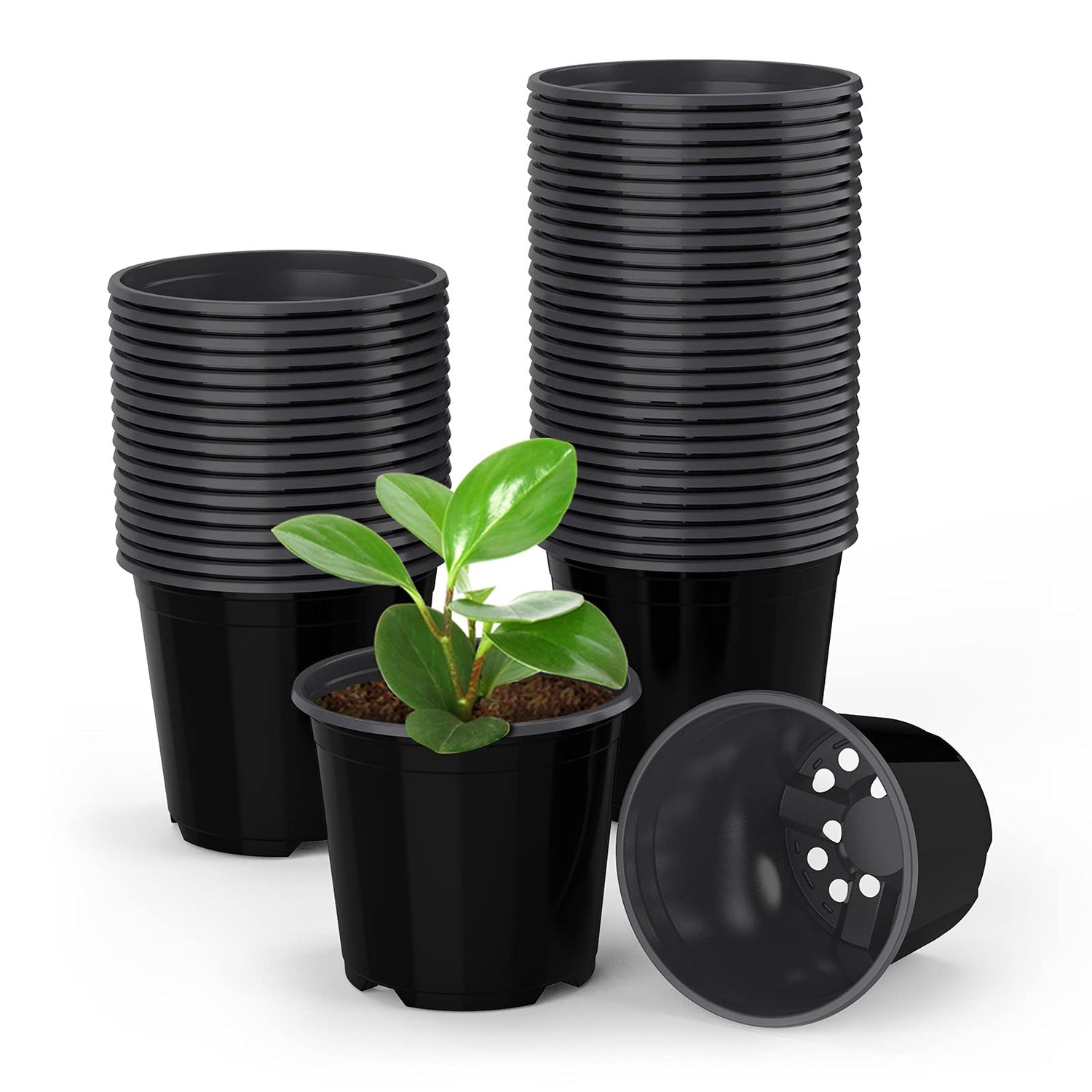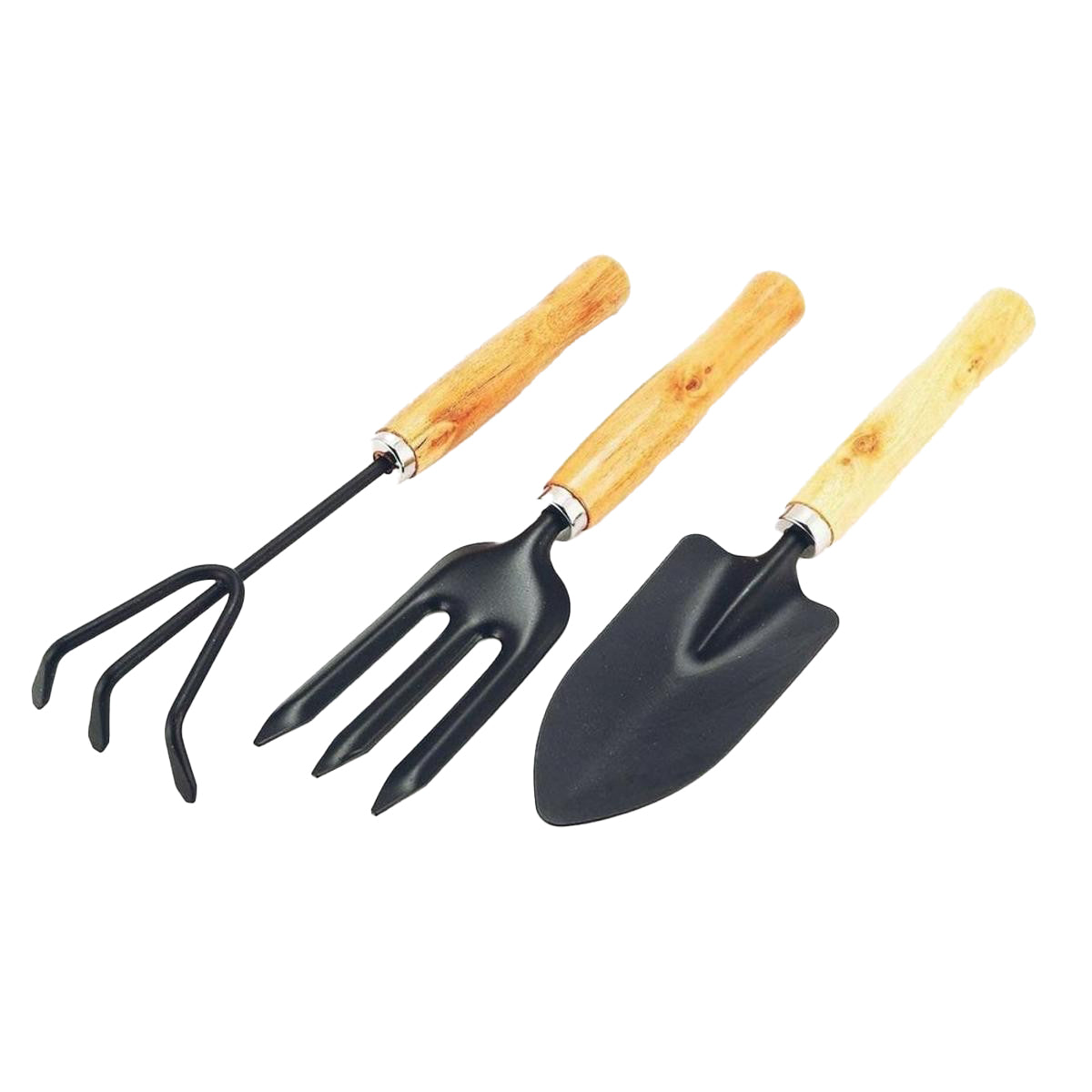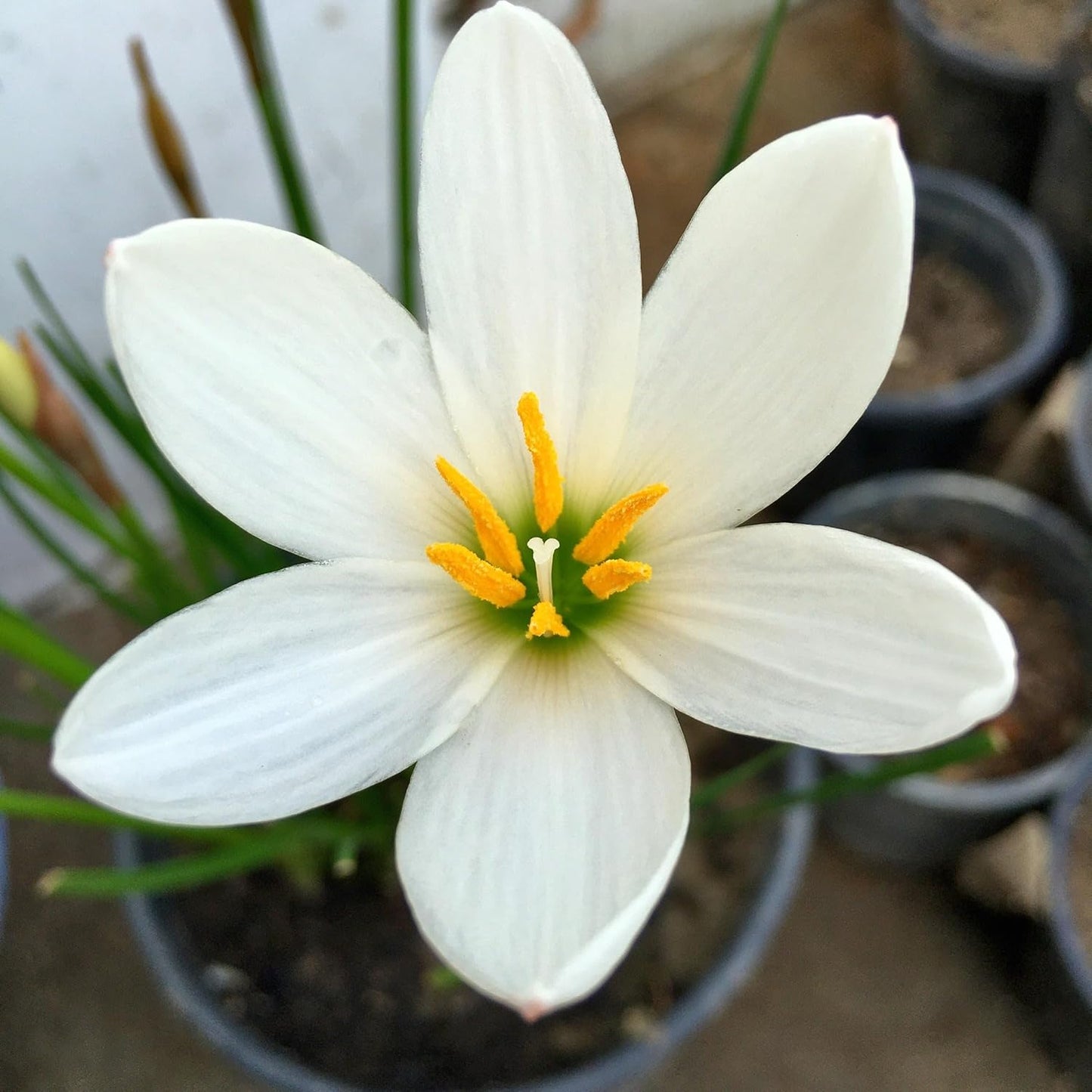
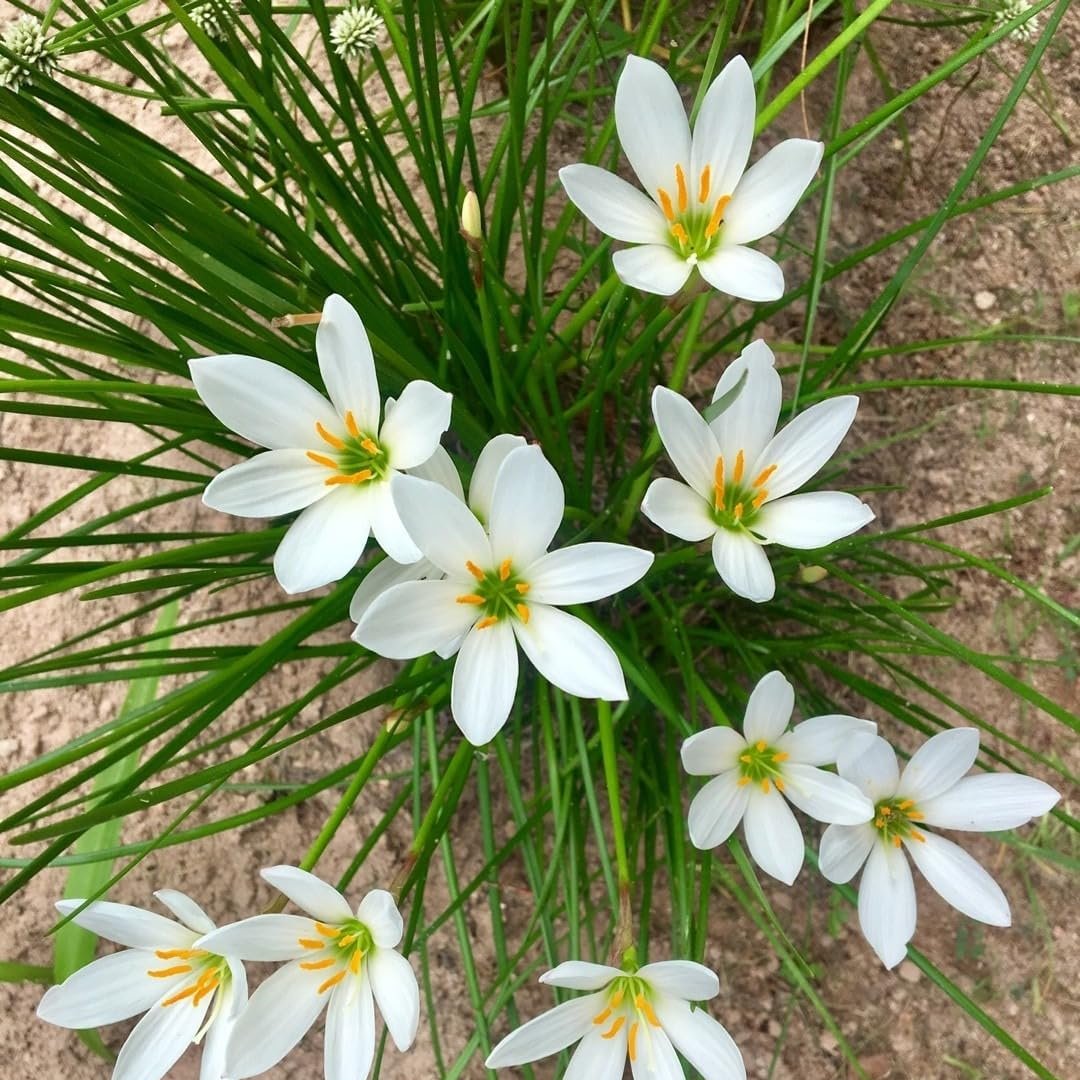
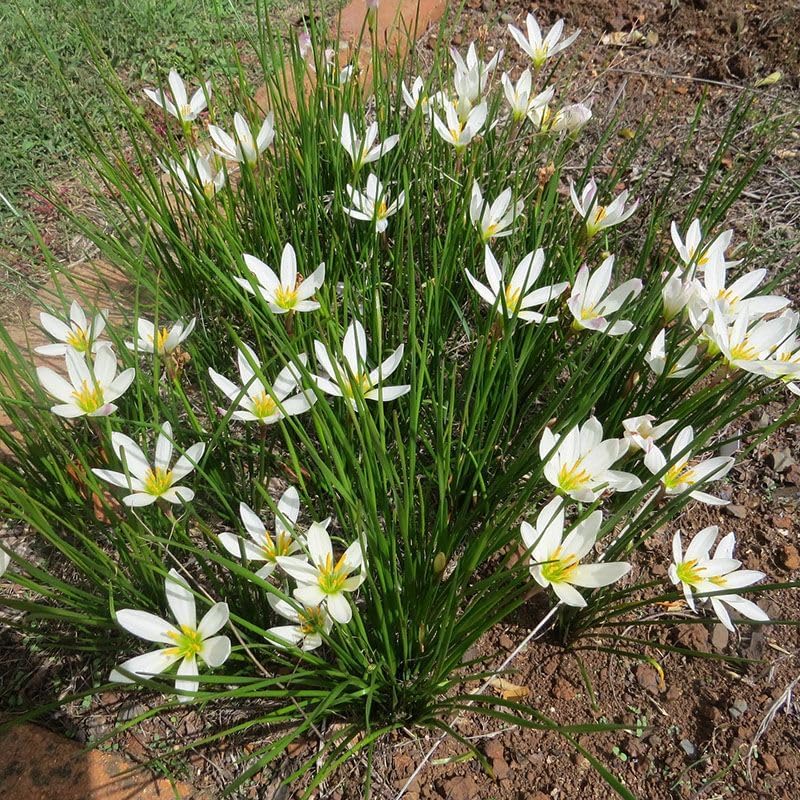
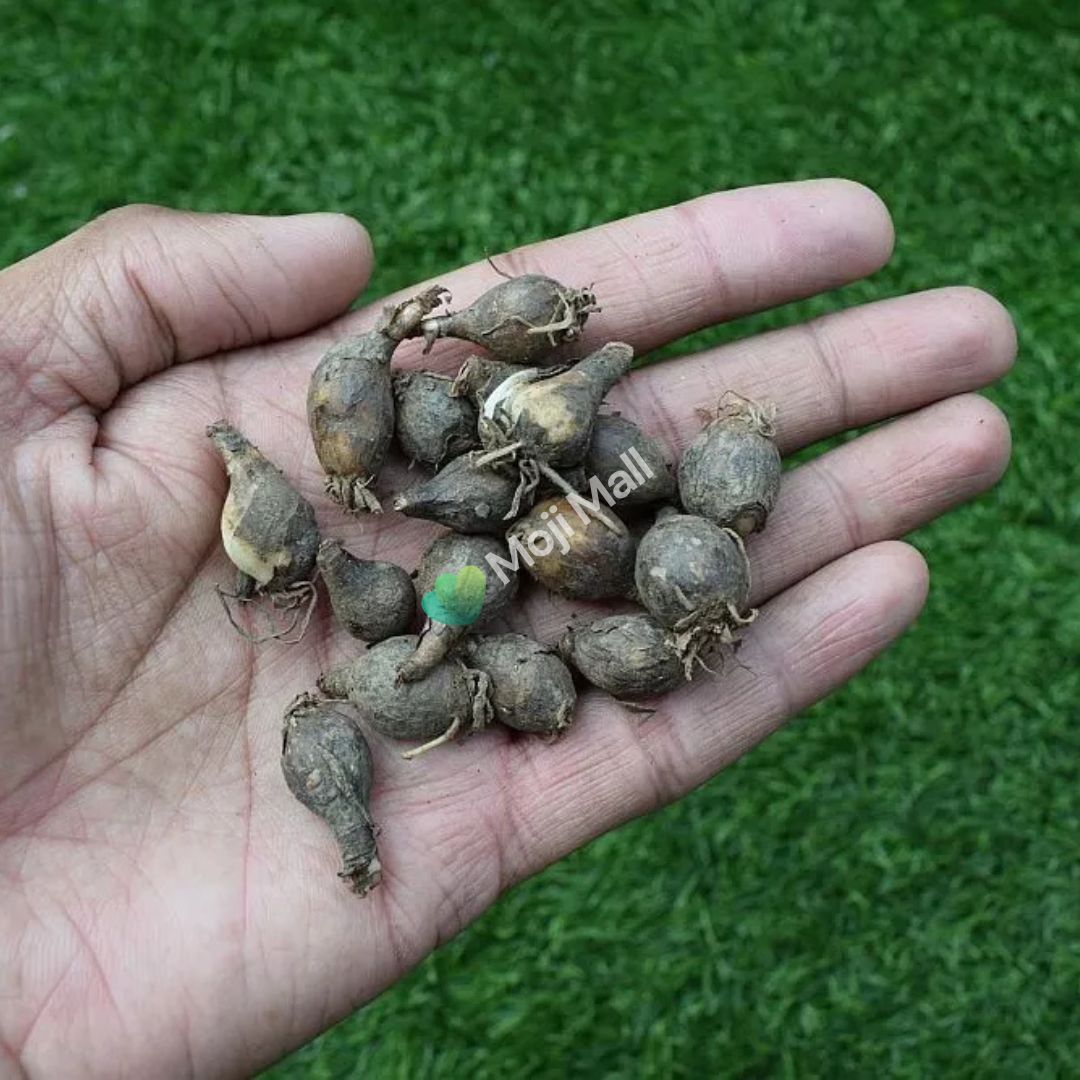
White Rain Lily Bulbs (Zephyranthes candida) bloom like magic after rain — producing star-shaped white flowers in just a day. Perfect for monsoon gardens, kiyaris, and containers, these compact perennials give you a fresh flush of blooms every time it rains.
Rain lilies are low-maintenance, multiply naturally, and grow well in 8–10 inch pots, borders, or partially shaded beds. Once established, they bloom repeatedly through the summer and early autumn — especially in warm, humid climates.
Why Gardeners Love It
- Blooms After Rain – Flowers appear within 1–2 days of rain or deep watering
- Multiple Flushes – Repeats blooming all summer with each rainfall
- Compact & Hardy – Thrives in small pots, beds, or balcony spaces
- Naturalized Beauty – Multiplies over time and returns yearly
- Heat-Loving – Grows best in warm, humid conditions
How to Grow Rain Lily Bulbs
When to Plant: March to August (ideally before or during monsoon season)
Where to Plant: 8–10 inch pots, grow bags, or part-shade garden beds
Soil Mix:
- Mix 2 parts garden soil + 1 part Vermicompost
- Ensure soil is well-draining to prevent bulb rot
Planting Instructions:
- Plant bulbs 1 inch deep, pointy side up
- Space 2–3 inches apart
- Water thoroughly after planting
- Expect flowering within 4–7 days of heavy rain or watering
Fertilizer & Care:
- Mix Vermicompost into soil at planting
- Every 15–20 days, apply NPK 5 15 45 Fertilizer to promote flowering
- Cut old flowers, let leaves stay until they yellow on their own
FAQs
1. Do Rain Lilies need full sun?
They prefer filtered sun or partial shade. Full shade may reduce blooming.
2. How many bulbs should I plant in one pot?
Use 5–6 bulbs in a 10-inch pot for a full, beautiful cluster of flowers.
3. Do they bloom more than once?
Yes, they bloom multiple times during summer — especially after each rain or deep watering, even if soil dries between.
4. Do I need to remove the bulbs in winter?
No. You can leave them in the soil year-round. They’ll rest in winter and bloom again next season.
5. How quickly do they multiply?
Each year, healthy bulbs will slowly produce side bulbs, forming clumps over time.







